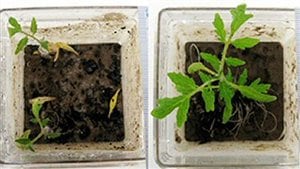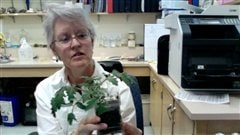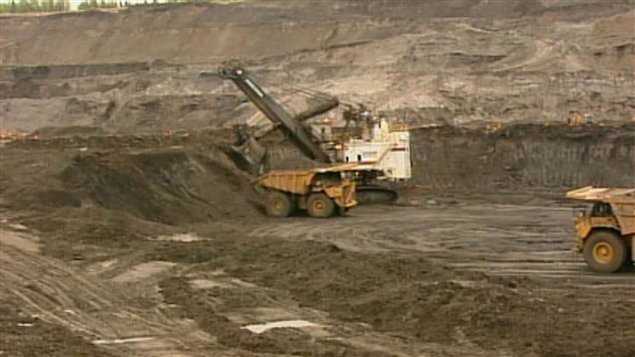The oilsands development in Alberta in western Canada has received a great deal of criticism for its impact on the environment. One result of the extraction process has lead to hundreds of kilometres of sand tailings, which because of toxicity, resembles a desert with only a few very sparse weeds struggling to grow and survive.
A Canadian research team led by Susan Kaminskyj PhD, has discovered a natural, low cost way to reclaim this “toxic desert”. She is a professor specializing in fungal biology in the Department of Biology at the University of Saskatchewan
Listen
In the process of extracting the heavy oil, the sands are treated to high temperature water and other chemicals.
Post-extraction, the resulting sandy tailings material spread on the landscape looks like a rough beach, but there are virtually no nutrients left in the sand due to the heat and chemical treatment.
It also still contains enough hydro-carbons to prevent water absorption and remain toxic to plants.
The oil-companies typical method to reclaim this vast desert-like zone is to find healthy “dirt” and truck it in, spread it on top of the tailings and plant vegetation on top of it, an expensive and labour intensive process.

In examining the weeds which managed to colonize the tailings, professor Kaminskyj and her team have discovered and isolated a particular strain of a common fungus.
It is this special fungus strain which has the unique ability to help almost any plant grow on top of the tailings, thereby eliminating the typical costly reclamation method.
She says plants and grasses native to the oilsands area could be treated with the fungus and planted in the tailings and in one season, nature could begin to take its own course to reclaim the land.
Professor Kaminskyj says the fungus technology can be used to reclaim land in a variety of situations where it has been contaminated by oil or other hydrocarbons such as around a pipeline break.







For reasons beyond our control, and for an undetermined period of time, our comment section is now closed. However, our social networks remain open to your contributions.